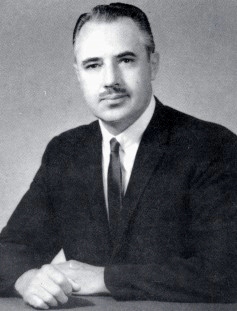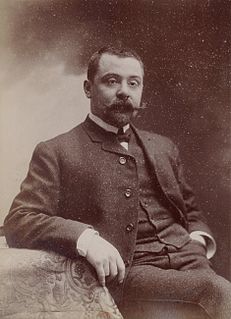A Quote by Jawaharlal Nehru
If the world suffers from mental deterioration or from moral degradation, then something goes wrong at the very root of civilization or culture. Even though that civilization may drag out for a considerable period, it grows less and less vital and ultimately tumbles down.
Related Quotes
To be clear, civilization is not the same as society. Civilization is a specific, hierarchical organization based on 'power over.' Dismantling civilization, taking down that power structure, does not mean the end of all social order. It should ultimately mean more justice, more local control, more democracy, and more human rights, not less.
If we have an element of Americans here that reject western civilization, and that's a big element, that reject western civilization, then what have we? This is an effort on the left I think to break down the American civilization and the American culture and turn it into something entirely different.
What do you mean less than nothing? I don't think there is any such thing as less than nothing. Nothing is absolutely the limit of nothingness. It's the lowest you can go. It's the end of the line. How can something be less than nothing? If there were something that was less than nothing, then nothing would not be nothing, it would be something - even though it's just a very little bit of something. But if nothing is nothing, then nothing has nothing that is less than it is.
These strengths, and our civilization in general, have reached an apogee with the end of the apocalyptic threats of the Cold War and the end - or at least waning - of less successful, and ultimately less "just," political and economic systems. At the turn of the 21st century we appear to be entering our greatest century, a golden age. The challenge that we face is similar to that of the Classic Maya civilization: we have set in motion a "runaway train" of success.
More and more, as civilization develops, we find the primitive to be essential to us. We root into the primitive as a tree roots into the earth. If we cut off the roots, we lose the sap without which we can't progress or even survive. I don't believe our civilization can continue very long out of contact with the primitive.
It has been the White Race who has been the world builder, the maker of cities and commerce and continents. It is the White Man who is the sole builder of civilizations. It was he who build the Egyptian civilization, the great unsurpassed Roman civilization, the Greek civilization of beauty and culture, and who, after having been dealt a serious blow by a new Semitic religion, wallowed through the Dark Ages, finally extricated himself, and then build the great European civilization.
The argument now that the spread of pop culture and consumer goods around the world represents the triumph of Western civilization trivializes Western culture. The essence of Western civilization is the Magna Carta, not the Magna Mac. The fact that non-Westerners may bite into the latter has no implications for their accepting the former.
What interests me is to paint the kind of antisensitivity that impregnates modern civilization. I think art since Cezanne has become extremely romantic and unrealistic, feeding on art. It is Utopian. It has less and less to do with the world. It looks inward - neo-Zen and all that. Pop Art looks out into the world. It doesn't look like a painting of something, it looks like the thing itself.
There was this famous clash of civilization thesis from Samuel Huntington, a political theorist. And the idea was that Western civilization is at war with Islam and maybe some of the other civilizations around the world. And I don't agree with that. But I do think there is such a thing as Western civilization. I think it starts with the Greeks and the Romans. Then it goes through the Enlightenment - or the Reformation, the Enlightenment. It goes through the scientific age. And it somewhat defines some of the cultures and mores of Europe and North America and some other countries.
My point is, as civilization is progressing, Mosaic law came down from the mountain, was handed to civilization, it emerged through the Greek civilization as the Greeks were developing their Age of Reason. And we're talking about the foundation of Western Civilization, and almost concurrently with that, Roman law was emerging as well.
The liberty of the individual is no gift of civilization. It was greatest before there was any civilization, though then, it is true, it had for the most part no value, since the individual was scarcely in a position to defend it. The development of civilization imposes restrictions on it, and justice demands that no one shall escape those restrictions.
I'm a champion for western civilization and, yes, our English language is a big part of it. It's a carrier of freedom. Wherever the English language has gone globally, freedom went with it. Science technology has always lifted up the standard of living on average of everybody on the planet. I want more of that, not less. There are civilizations that produce very little, if any. This western civilization is a superior civilization, and we want to share it with everybody.
The stamping out of the artist is one of the blind goals of every civilization. When a civilization becomes so standardized that the individual can no longer make an imprint on it, then that civilization is dying. The mass mind has taken over and another set of national glories is heading for history's scrap heap.
Western Civilization has been in a state of decline since the Edwardian age, say 1910. That was the height of Greco-Roman European civilization. Then there was the First World War. That was the beginning of the end. That civilization has been in a decline ever since. But from the American triumphalist point of view our wonderful electronic revolution is really the forefront of an ongoing wonderful civilization.







































